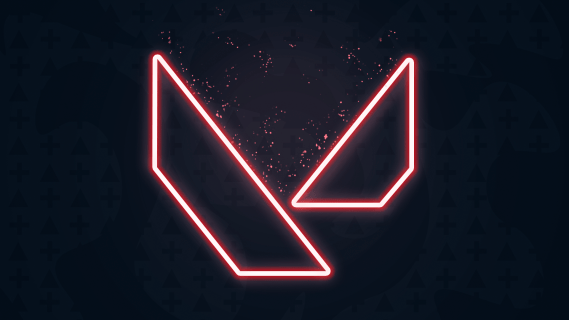Valorant is a highly competitive online first-person shooter that has taken the gaming world by storm. Developed by Riot Games, the creators of League of Legends, Valorant has quickly attracted millions of players from around the globe who strive to prove their skills in the game’s intense and strategic matches.
One of the most intriguing aspects of Valorant is its ranking system, which allows players to gauge their progress and compare themselves to others. Like many other popular competitive games, Valorant uses a tier-based ranking system, where players can climb the ladder by winning matches and earn higher ranks. However, the Valorant ranking system has its own unique mechanics that make it both challenging and rewarding.
Valorant has a total of eight ranking tiers, each divided into three divisions, except for the highest tier, which has only one division. The ranking tiers, from lowest to highest, are: Iron, Bronze, Silver, Gold, Platinum, Diamond, Immortal, and Radiant. Players start their journey at Iron 1 and will need to work hard to climb towards higher ranks and divisions.
So, how do you progress in the Valorant ranking system? The key factor in advancing through the ranks is winning matches. Each win grants you rating points, while losses deduct rating points. The number of rating points gained or deducted depends on various factors, including your team’s average ranking, the ranking of your opponents, individual performance, and the round difference in the match. Performing well individually, such as getting many kills and assists, can also earn you additional rating points.
Valorant places significant importance on consistent performance rather than win streaks. This means that even if you lose a few matches, you can still progress if you consistently perform well individually. Conversely, winning multiple matches in a row doesn’t guarantee significant progress if your individual performance is lacking.
As you progress through the ranking system, you will encounter promotion matches. These matches determine whether you move up to the next division or tier. Promotion matches are essentially crucial matches that hold more weight in terms of rating points. Winning a promotion match will lead to promotion, while losing it will set you back to a lower division. However, once you reach the Immortal tier, promotion matches are no longer present, and success in regular matches becomes the primary determinant of your progress.
It is worth noting that Riot Games utilizes a hidden matchmaking rating (MMR) system in Valorant. This means that your actual skill level is not solely reliant on your visible rank but also takes into account your MMR. If your MMR is higher than your current rank, you may encounter higher-ranked opponents to challenge your skills.
Moreover, in order to maintain the integrity of the ranked system, Valorant has implemented an “elo decay” system. This system ensures that players stay active and continue playing ranked matches regularly. After a certain period of inactivity, players will start losing rating points per day until they play enough ranked games to prevent further decay. This prevents players from reaching high ranks and then neglecting to maintain their skill level.
Overall, the Valorant ranking system offers a challenging and dynamic progression journey for players. It rewards consistent performance, emphasizes teamwork, and provides opportunities for players to showcase their skills and reap the benefits of their dedication. Whether you are a casual player looking for a competitive outlet or a professional gamer striving for recognition, Valorant’s ranking system offers a clear path to measure and improve your skills, all while engaging in thrilling and strategic gameplay.
